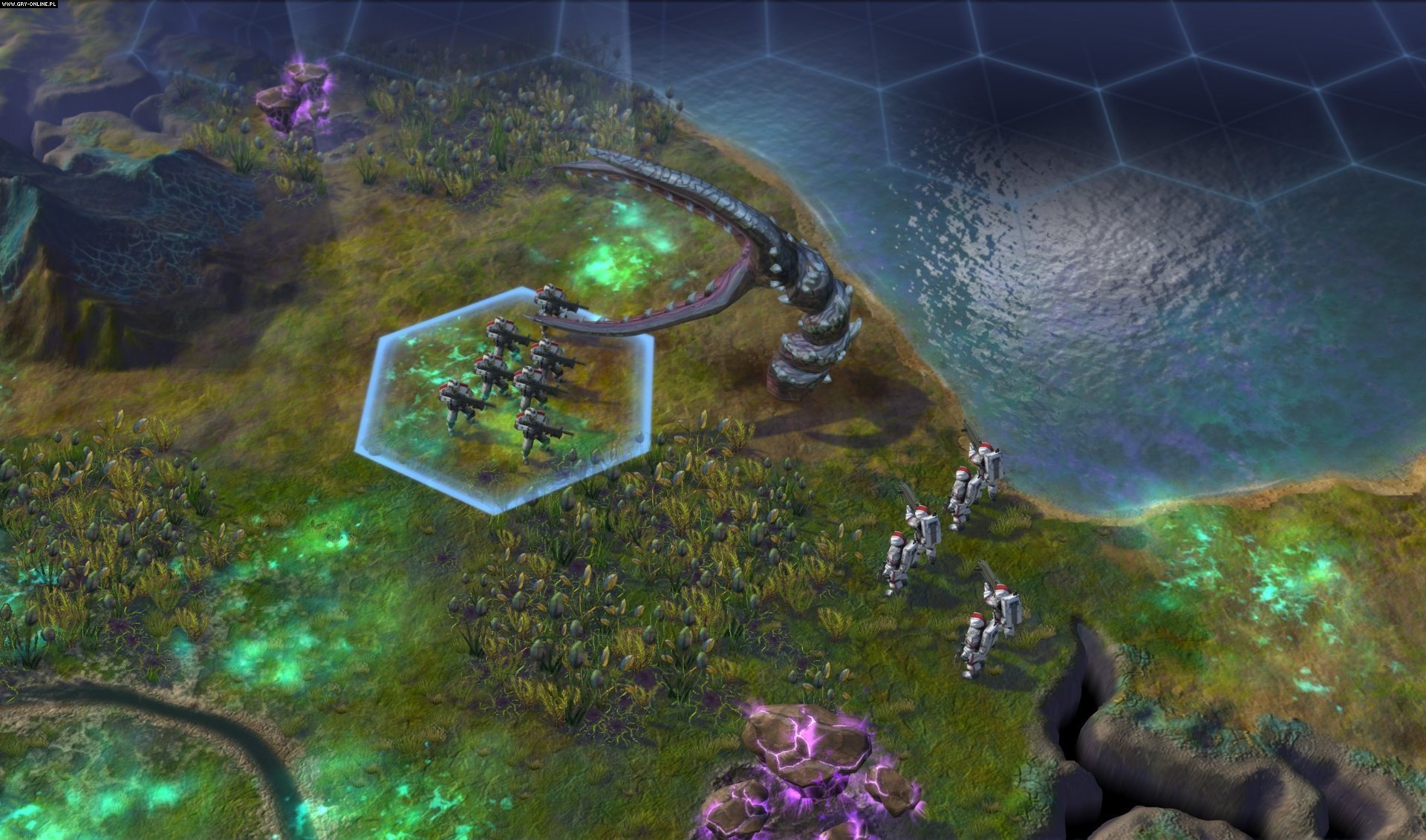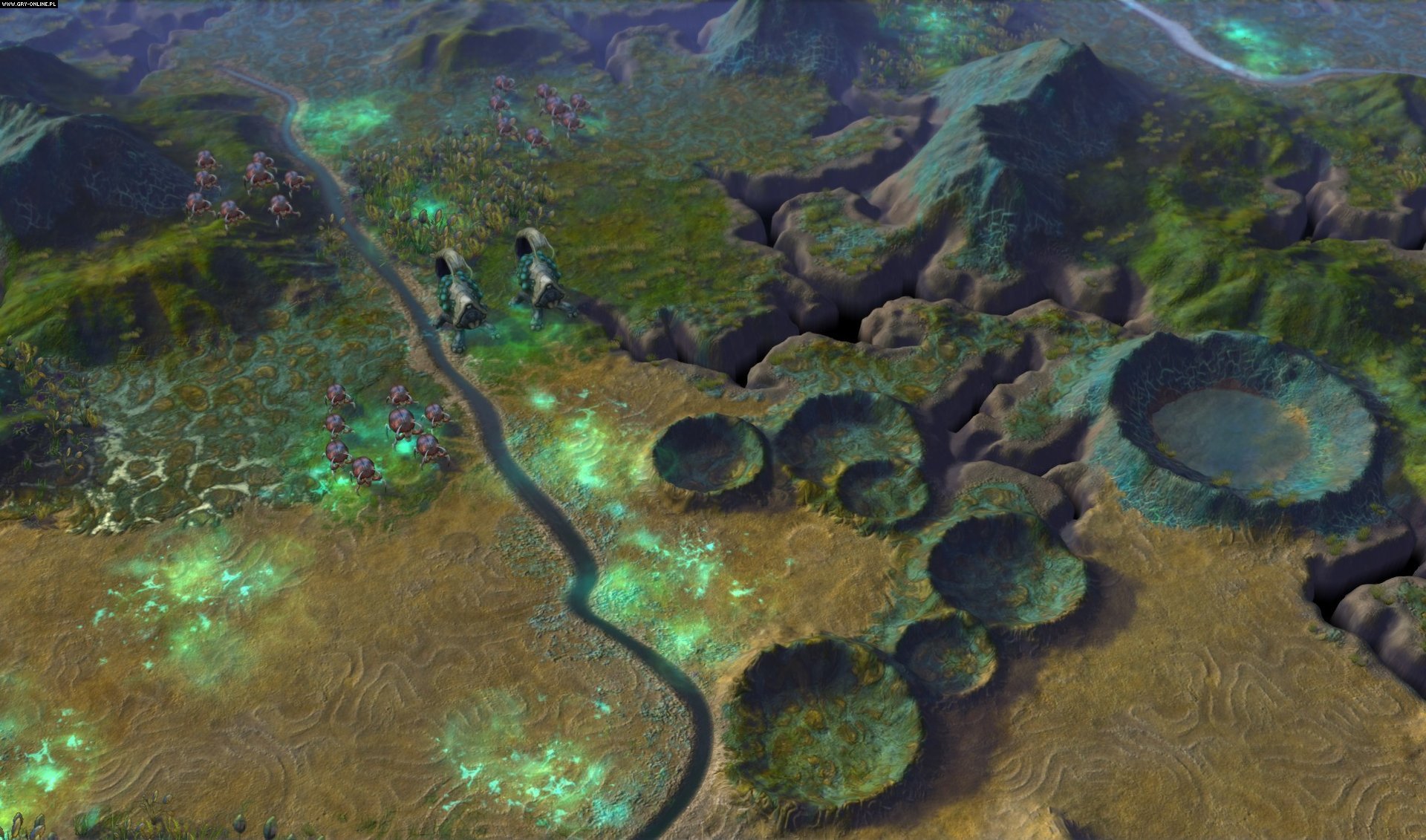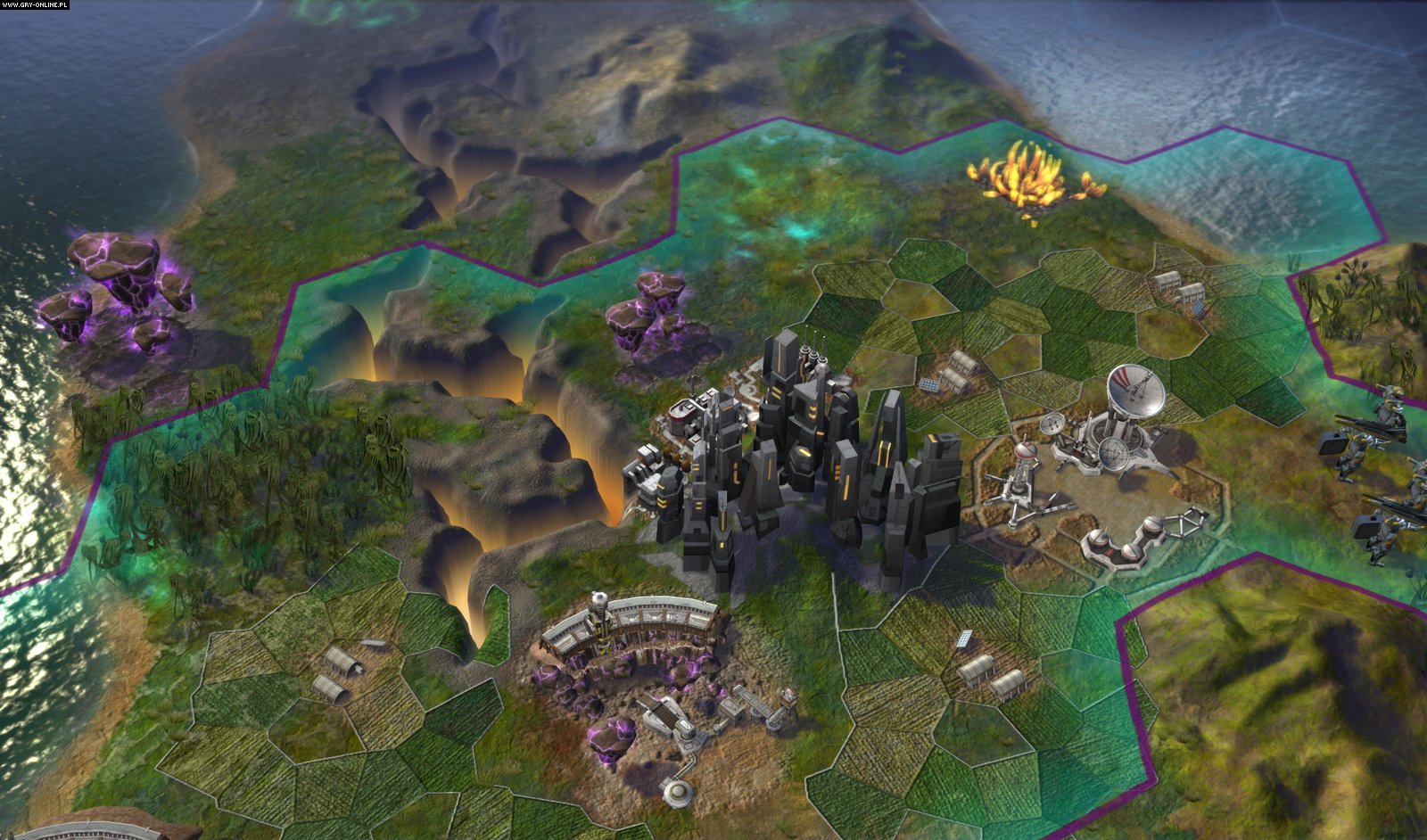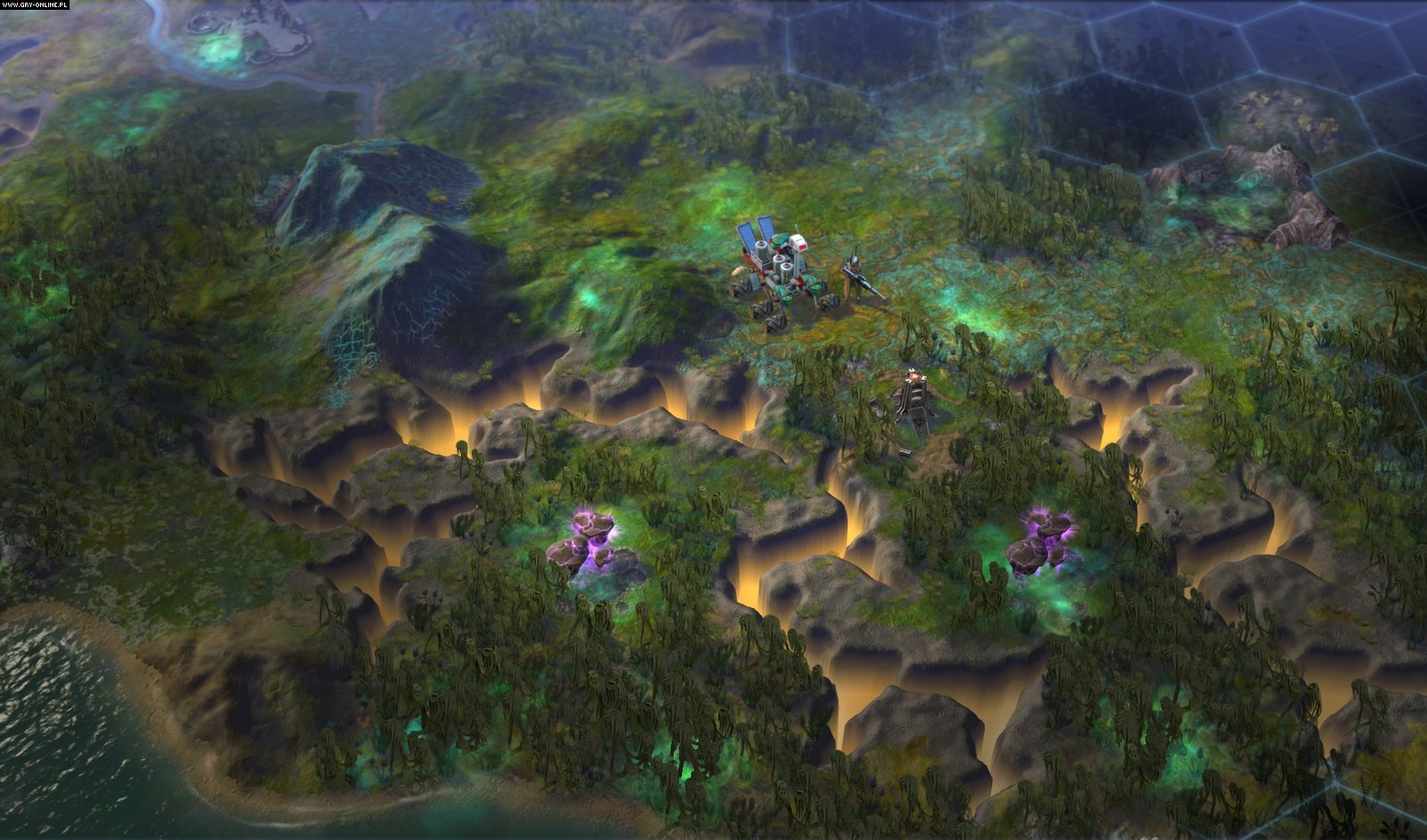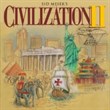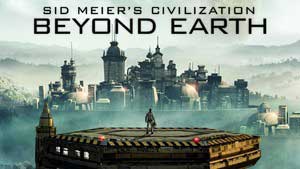Sid Meier's Civilization: Beyond Earth is a turn-based strategy where players’ task is to build and maintain the self-sustaining human colony on a strange and dangerous planet. The game has been created by Firaxis Games studio, which is well-known for producing games of the Civilization series and you can go ahead and call them the spiritual heir of the legendary Alpha Centauri from 1999. The developers do not deny that they were inspired by classical production, but they also point out that Beyond Earth should not be treated as a continuation. It is rather a new vision which demonstrates how Civilization might look like in the futuristic and space circumstance.
Action Beyond Earth begins in about 2265 and one game covers a period of 3-4 thousand years. The basic rules of the game which are already known from Civilization have been preserved. The player is a mission commander, whose task is to investigate and colonize of an unknown planet. The game makes use of the improvements introduced with the fifth part of the main cycle. The map is divided into hexes, where can reside only a single individual.
In contrast to Alpha Centauri, where all factions came from the same colony ship, in Beyond Earth, each of them has been sent by different group from Earth. During establishing the parameters of a new game, we are responsible of a number of decisions that determine the initial stage of the game. In Beyond Earth we do not only choose a faction, but also spaceships, which will take us to the conquest of space, type of cargo, crew, and also the type of planet which we to settle. Each of these choices has a direct impact on how we start our adventure in the new world.
An innovation introduced in Beyond Earth is a delay in landing of the remaining fractions of colonists on a new planet - the first part of the game concerns only the player and the local flora and fauna. Other colonists appear around 40th -50th round. The mechanism of the game ensures the equal opportunities for all players - the latecomers receive slightly better equipment, useful in the initial development, so they are able to catch up with the player and lead a compensated fight.
The game starts with a small colony, which is extremely sensitive to attacks and other dangers. The most important feature of the first stage of the game is the protection of the settlement, which becomes a full-fledged city after a long time. The players can build improvements on the fields which surround the settlement, build new buildings and explore the technology.
The most important innovation which has been introduced to Sid Meier's Civilization series by Beyond Earth is a refreshed approach to technology development. The well-known, linear tree has been replaced by so-called Network technology. When the player starts the research, he/she is in the center, where more advanced areas of science come from. The player starts from the discovery of today's well known in world science disciplines such as physics, biology and engineering, and then he/she moves to more advanced specialization, such as cybernetics, nanotechnology, genetic engineering and terraforming of the planet. The discoveries are divided into three main areas - Purity, Harmony and supremacy. The families’ technologies are directly related to three of the five types of victories.
A significant part of the game is exploration. The map is covered with a standard fog of war and it is divided into two layers - the surface and orbit. The orbital equipment and systems fulfill a very important role and allow you to carrying out rapid warfare, as well as the efficient management of the colony. The players can launch the satellite. The satellite will provide a variety of bonuses - economic, military or spy – it depends on the type of satellite. What are important, sputniks can be operated only by a limited number of turns, and then they fall to the surface and are destroyed. It is worth adding that the area of satellites operation cannot be overlapped with others.
There has been made several in diplomacy and espionage. There is an opportunity to have conversations with other leaders about numerous topics, and spies provide more information - for example, what the family technologies develop an opponent. More offensive capabilities include sabotage, which can take different forms- it depends on the specializations we develop. The player who is following a harmony path, instead of planting standard bomb, can cause hatching huge maggots in the middle of the enemy's capital city.
In Beyond Earth has been introduced a system of quests that meets several roles. Firstly, it is a non-invasive way of putting players into the game mechanics and we can gently suggest them which moves can give us an advantage. Secondly, it provides an important narrative. Beyond Earth tells the story of the game world, but it still leaves plenty of space for our imagination. Thirdly, the missions are one of the possibilities of differentiation of the game. The challenges can appear randomly in different stages of each new game and it offers different prizes.
There is a possibility to play in a multiplayer mode where can play up to eight players.
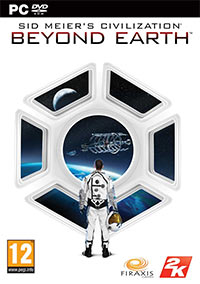
![[3:29] Intro](https://cdn.gracza.pl/galeria/filmy/640x360/537923474.jpg)
